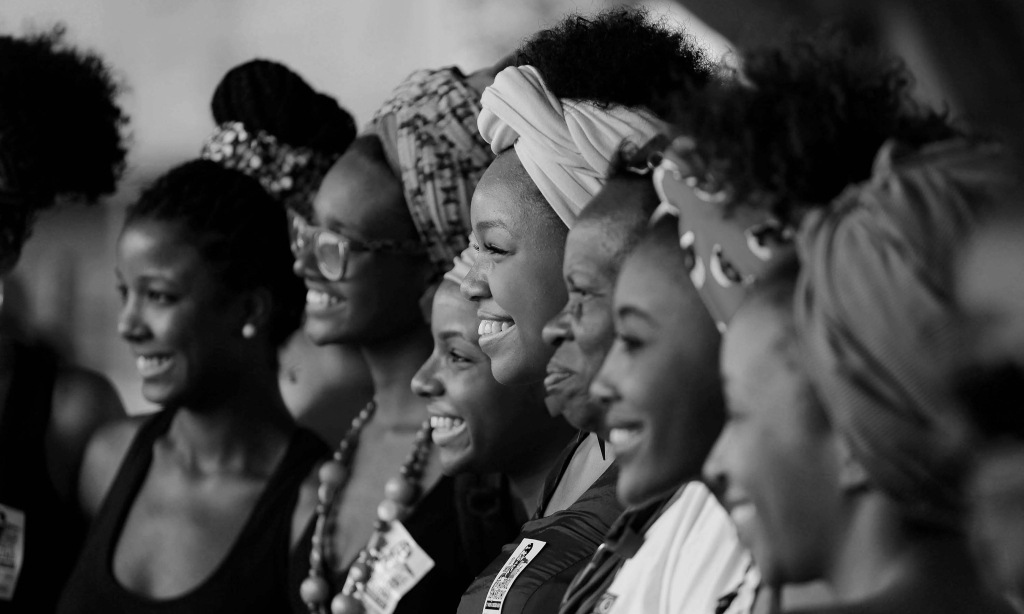

 Article
Article

You’ve stepped into a leadership position, and leading diversity, equity, inclusion and belonging (DEIB) efforts is a priority. Where do you begin? How do you set yourself up for success? How do you effect positive change and tackle DEIB challenges?
Darden Ideas to Action insights draw from faculty expertise, books, research, cases and white papers. Here: the most read stories of 2022. How can one build a brand? What happens when buzz turns to backlash? How does a strategist prepare for the unforeseeable? What inequalities to women face in feedback? And why is storytelling an essential skill?
Getting diversity, equity and inclusion right in any organization is a function of change, which is hard. Here Darden experts provide practical insights on leveraging deviance in ways that empower individuals, the benefits of unconscious-bias training, mentorship and sponsorship, and how to have constructive (if potentially tense) conversations.
The argument in favor of diversity and inclusion is robust. The benefits are clear. As our populations change, diverse groups of talent are emerging, and they are emerging fast. However, corporations and businesses are still lagging hard behind the pace of this change. So what’s holding us back?
Research shows that, compared to men, positive feedback for women often conforms to gender stereotypes and is more generic. Without the same constructive encouragement, women may not only fail to see their contributions as equal in value, but also miss out on the opportunity to learn. How can we redress the praise deficit?
Positive deviance is about how we can deviate from the norm in ways that are honorable and generative, authentic, and that have positive impact and open the door to others to do the same. Leveraging difference — mobilizing gender identity and minority status in this way — can activate a slew of personal, organizational and societal benefits.
University of Virginia Darden School of Business faculty share ways in which business leaders should prepare for 2022.
As we close Women’s History Month, some of Darden’s many female faculty experts share wisdom on leadership and business. Here they offer guidance in advancing to leadership positions, creating trust, race in the workplace, leading mindfully through crisis and supporting female entrepreneurs in emerging economies.

Research shows that racial stereotypes undermine opportunities and diversity enables organizations to build relations with stakeholders. Here: four strategies to assert racial identity as an asset — mobilizing identities to the positive, challenging stereotypes, building bridges, and helping people navigate microaggressions and do their jobs better

Building a successful organization requires more than hiring smart people with the right skills. It also requires a mutual sense of purpose — a strong company culture. Even before COVID-19, that was no small task. Darden experts weigh in on frameworks for improving the quality of culture, as well as building the kind that benefits all involved.